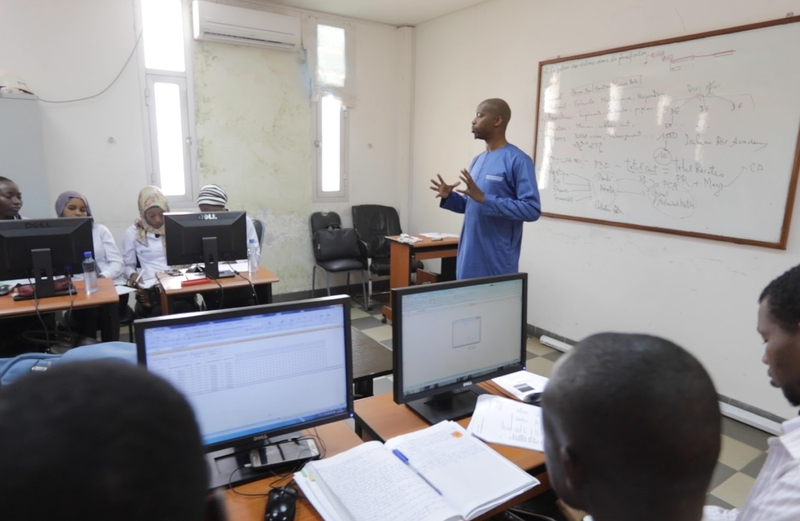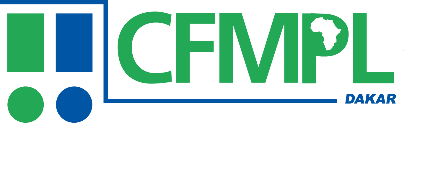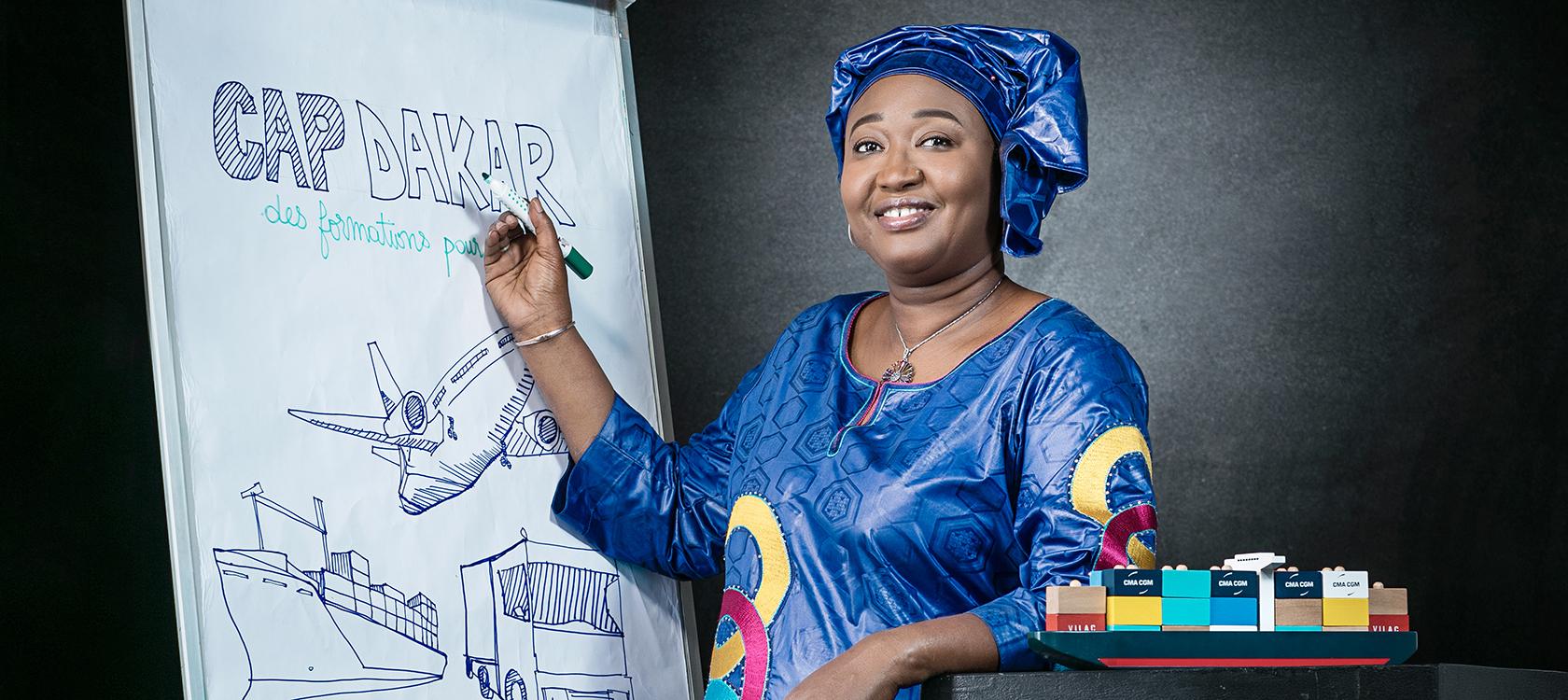Managing a training center like an enterprise


Institution: Center for Port and Logistics Training (CFMPL)
A request from the National Employers Association in 2007 resulted in the creation of The Center for Port and Logistics Training (CFMPL). A feasibility study was conducted to determine priority training needs, noting that the Port of Dakar is an important economic hub. Numerous companies working around the port area were interviewed. The results reflected the need for first-level qualifications to train technicians in maintenance and logistics. The finding of this feasibility study informed the programmes offered at the CFMPL.
A tripartite convention was signed in 2006 by the Senegalese state, the president of the Port Industry Community and the French Agency for Development (AFD), agreeing upon future operations of the center. With financial support from AFD and the Senegalese state, the management was left to the Association for Training in Port Trades (AFMP), including private companies in the port trade.
The CFMPL offers the following training:
| Levels | Fields |
| Level 5: Drivers | Transport, logistics, handling and port operations |
| Level 4: Specialized technicians | |
| Level 3: Specialized senior technicians |
The duration of the training is 2 years with a third of the training spent in a compulsory internship.
More specifically, students are trained to become container handlers, senior technicians, and truck drivers specializing in port operations or responsible for technical processing.
CFMPL has more than 100 partner companies from the industry; these partnerships form a cornerstone of the approach. The CFMPL recognizes the need for understanding how the industry works. To answer the demand from the private sector, the Center has ensured its cooperation with the private sector by several means. The Center is managed by the Port Industry Community, which means that it is run more like a private company. Moreover, the center uses teachers who work within the sector, often as CEOs of their own companies, they collaborate with CFMPL as visiting teachers to give classes once a week. While the centre only uses teachers from the private sector, the curriculum is completely aligned to state-regulated qualifications. So while there is autonomy in the pedagogy and assessments, the curriculum is derived from the state.
Through collaboration with the private sector, students are given internships during their training. The active link with the private sector is secured not only through the management of the center but also with the teachers being professionals from the sector. This way, teachers contribute to training the students with relevant and up to date content.
When the students sit for their final exams, the members of the assessment panel are representatives from the partner companies. Thus, the quality and relevance of the training are ensured from the beginning until the very end of the programme.
The programme is 90% financed by the Senegalese government, and only 10% is paid by the student, representing a yearly tuition fee of 125 000 CFA (190€).
The CFMPL has a board of 12 representatives from different institutions: six from the private sector, four representing the Senegalese government and two representing workers in the port industry.
The CFMPL has a board of 12 representatives from different institutions: six from the private sector, four representing the Senegalese government and two representing workers in the port industry.
-
554 students have graduated since inception; 81% of these students got placed in companies.
-
2675 students graduated from night classes.
-
84 companies have partnerships.
-
Cooperation with the private sector has ensured a better understanding of the skills needs of the industry. The training centre is, therefore, able to work from the demand and not the supply side. It has also built an element of rigor into the teaching, where training programmes are continuously improved.
-
In addition to the main training programmes, the center offers corporate training in the evenings and trains about 600 people per year. As 60% of the center’s revenue originates from this program, it represents a significant financial asset.
MOVING FORWARD
-
As the industry is growing, there is an urgent need to expand the center’s capacity, in terms of several students trained and the number of training programmes offered.
-
Elements which enable replicability include recruitment of industry professionals as teachers, allowing them to share their knowledge with students, seems to be a very efficient way to reinforce the relevance of the training and prepare the youth for what is awaiting them after graduation.
-
Another essential element is the Center’s collaboration and partnership with the private sector.

